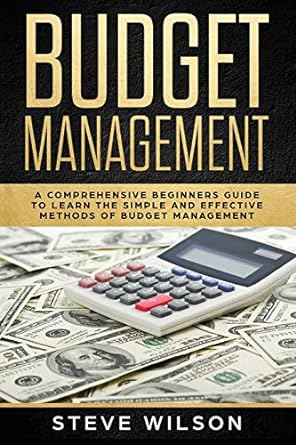Answered step by step
Verified Expert Solution
Question
1 Approved Answer
1. On 3 January 2014, Solar Toys in Malaysia (SELLER) contracted to sell to Taipei Toys (BUYER) (TT), a children's toys store in the city
1. On 3 January 2014, Solar Toys in Malaysia (SELLER) contracted to sell to Taipei Toys (BUYER) ("TT"), a children's toys store in the city of Taipei, Taiwan, 2500 solar-powered walking crocodile toys. The price was MYR 10,000 for delivery FOB (Kuala Lumpur). Since TT was a first time customer, Solar Toys required payment by letter of credit. On 14 January, Solar Toys received advice from Malaise Bank that China Bank in Taiwan had issued a letter of credit in favour of Solar Toys as beneficiary. China Bank authorized Malaise Bank (AB) to act as advising and negotiating bank. The letter of credit, which expressly mentioned the UCP600, was payable on presentation of the following documents: A commercial invoice for 2500 solar-powered walking crocodile toys; A full set of clean on board negotiable marine bills of lading, consigned to order 'blank endorsed' and marked 'freight pre-paid'; A certificate of origin signed by the Malaysian Customs or its authorized agency; A packing list in duplicate. In addition the instructions stated that presentation was to be made 'within 15 days of shipment and within the validity of the credit.' On Wednesday 19 January 2014, the goods were loaded on board the ship and a clean bill of lading was issued. The shipping documents were presented to Malaise Bank on 4 February. On 11 February Malaise Bank indicated that it refused to pay because the documents presented did not conform to the requirements of the letter of credit. It appears that the problem with the docduments is that the bill of lading presented by Solar Toys is marked "Freight Collect" instead of "Freight Prepaid" as required under the terms of the letter of credit. In addition, the certificate of origin presented by the beneficiary is signed by an officer of "Malaysian Inspections" without any indication that "Malaysian Inspections" has any authority from the Malaysian Customs. Finally, Malaise Bank also informed Solar Toys that the presentation was made outside the validity of the credit. When Malaise Bank contacted China Bank to request a waiver of the discrepancies, China Bank (issuing) refused. The reason for the refusal soon becomes clear - senior executives within TT have absconded with nearly all of the firm's liquid assets, and the firm has been placed in liquidation. The process outlined in the UCP specifically dictates the process of examination of documents, the decision as to whether to take up or refuse the documents, the process of seeking waiver of discrepancies by the issuing bank, providing notice ofdiscrepancies and the reasonable time for the performance of the steps. But doctrine of strict compliance only requires bank to ensure documents appear to be consistent with terms of credit (Art. 14) & does not impose duty to ensure conformity of goods or investigate alleged fraud (which is not reasonably apparent). Art. 14(a) - IB/CB/NB upon receipt of documents, must determine based on documents alone whether or not they appear on their face to be in compliance with terms of credit. Banks can refuse to take up documents if they do not comply with credit terms, on their face. Art. 16(b) - If IB opines documents on their face do not comply with credit terms, IB may in its sole judgment approach App for waiver of discrepancy. But must be done within 5 banking day time limit in Art. 14(b). (b) If Solar Toys cannot compel the banks to make payment, does it have any rights against anyone else related to this transaction? Discuss
Step by Step Solution
There are 3 Steps involved in it
Step: 1

Get Instant Access to Expert-Tailored Solutions
See step-by-step solutions with expert insights and AI powered tools for academic success
Step: 2

Step: 3

Ace Your Homework with AI
Get the answers you need in no time with our AI-driven, step-by-step assistance
Get Started


